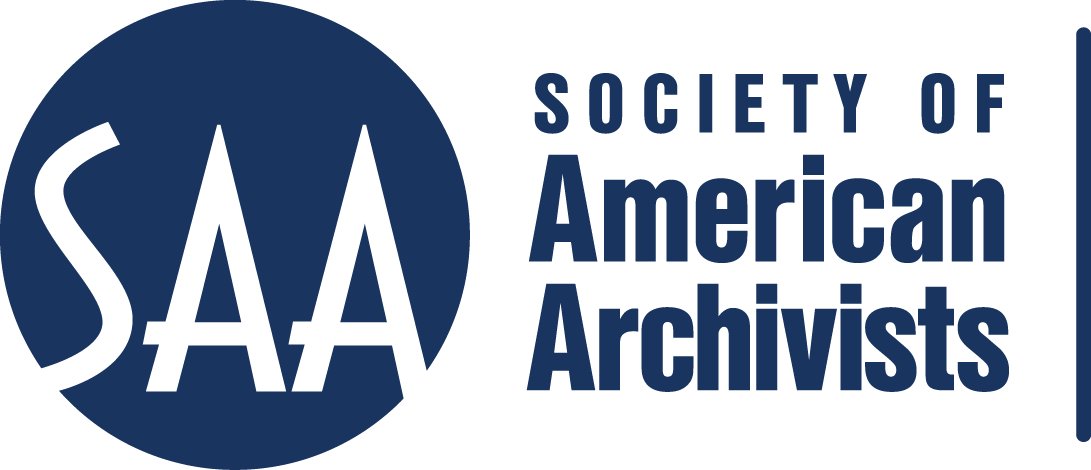Raise Your Voice
Like many of us, I am feeling more than a little shell-shocked by the current events in our allied GLAM professions. The overt attacks on information and cultural heritage institutions have put me in a mood at once pensive and revolutionary. I'm sorely tempted to make my 2007 “Macho Hero” conference badge ribbon1 a part of my daily wardrobe. So, how do we as a profession respond? I've been grateful for the constant stream of statements and letters coming from Society of American Archivists (SAA) President Derek Mosley and SAA leadership (see https://www2.archivists.org/news to view multiple press releases) that give our profession a critical voice. What is more, in April, SAA hosted a webinar addressing these very topics: “Raising Your Voice for Archives.”2 It tells me that, as a profession, we respond by doubling down on advocacy for the importance of the work that we do.
Almost ten years ago, Kathleen Roe took up the call for advocacy in her presidential address, “Why Archives?”3 explaining that we need to continue to voice a fundamental understanding of not only what archives do, but to pair that with WHY they matter. This “why” stands on the key characteristics of the archival record—authoritative, essential, evidential value. Roe notes that, while we must continue to focus our methods, research, and writing on practice and procedures, we must also advocate for the WHY of archives. This call to understand both our “what” and our “why” meshes with this issue of American Archivist in a number of ways, and I want to call out our contributors for the work that they are doing to illuminate this.
First, Helen Wong Smith's Presidential Address “‘Pūpūkāhi i Holomua’—Unite in Order to Progress” is a call to collaboration built on mutual respect and an understanding of our professional work. Increased collaboration leads to increased understanding within our profession and public awareness of the importance of our work. Thinking about this in the context of the editorial excellence of Rosemary K. J. Davis, Rachel Searcy, and Audra Eagle Yun, who brought together the authors writing our Special Section on Accessioning, you can see the critical understanding of both the “what” and the “why” that Roe was championing. This special section is a multi-institutional exploration of creative approaches to a fundamental archival practice, demonstrating the essential, authoritative nature of our work. Each article speaks to our shared understanding of the inherent importance of both the archival record and to our practice of gathering it. It tells our readers WHY accessioning is so important, and demonstrates that it takes far more than one or two people to fully accomplish the task.
Our contributions from authors outside of the special section then expand on this. They allow us a window to understand the scope of our archival communities—from archives in Poland, to the importance of reparative description for collections reflecting disability histories, to the significance of our work in collecting, to the role of using our own materials to educate new professionals. Our profession is more than the sum of our parts. This issue's authors build up layers of understanding of this very truth by taking us through professional practice, into social responsibility, and ultimately encouraging mutual respect and reflecting that to the public.
We're in a time when archives—both the institutions and our practice—make a difference. Make no mistake, this is not the time for divisiveness. This is the time for us to come together through collaboration and understanding. This is the time for us to add our voices—wherever and however we can—to the conversation, insisting that people recognize the value of the work done by information and cultural heritage professionals. This is the time for archivists, we who are responsible for the very authenticity and long-term preservation of our own historic record, to engage with each other and with our users and underscore the fact that we are the ones who take up “‘An arms race against the forces of fakery.’”4 We cannot be dismayed—we can use this moment to recognize that in uniting to progress, we “…[center] the active role of archivists and all citizens in documenting society.”5 Raise your voice.

